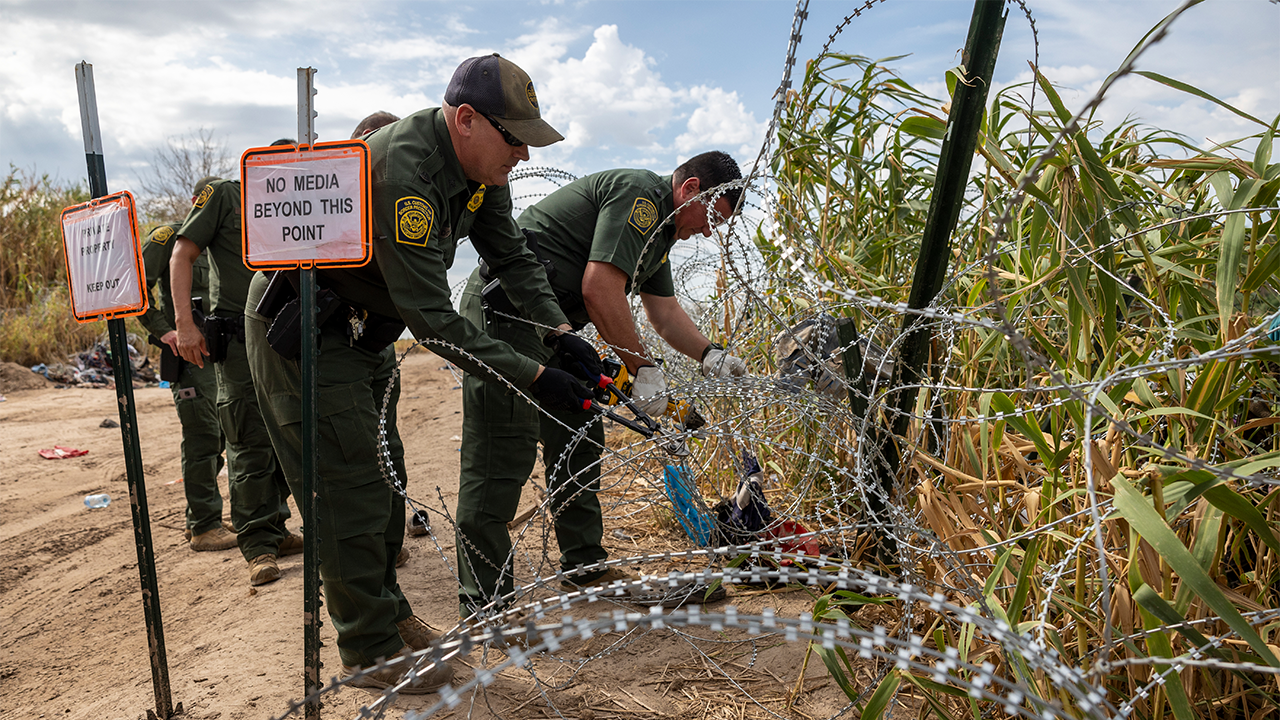Mississippi
Q&A: Harvard Chan’s Program Leadership weighs in on improving Mississippi’s public health

Reporter Pam Dankins spoke with Jocelyn Chu, director of the community engaged learning fellowships program at Harvard University, and Bizu Gelaye, program director for the Mississippi Delta Partnership in Public Health program at Harvard University, about the importance of Harvard T.H. Chan School of Public Health initiatives and its efforts to influence positive public health outcomes in the Mississippi Delta.
Through the Mississippi Delta Partnership in Public Health and the Winokur, Jr. Fellowship in Public Health for the Mississippi Delta, Harvard Chan’s faculty, staff and students have partnered with community-based and nonprofit organizations in Mississippi.
Several Harvard Chan students have worked closely in recent years with the Children’s Foundation of Mississippi, where they researched and helped draft a Blueprint for Improving the Future of Mississippi’s Children designed to offer suggestions to policy makers on how to make the biggest impact on the state’s children. Students also worked with Baby University, a free eight-week parenting course for Delta families with children under three years old.
Chu and Gelaye’s work focuses on fellowships that enable Harvard Chan School graduate schools to do field work in the Delta and working with local leaders on public health issues.
This Q&A has been edited for length and clarity.
Pam Dankins: How did Harvard Chan begin to form partnerships between its students and public health organizations in Mississippi?
Bizu Gelaye: I think Dean Williams was featured the last time in a Q&A, where she mentioned the long history that the school has with Mississippi partners. About five years ago, the school leadership decided to have a more comprehensive approach and to engage with collaborators in Mississippi in various forms. So both Jocelyn, myself and another faculty member had an opportunity to travel to Clarksdale to attend the Delta Regional Forum (an assembly aimed at engaging practitioners and scholars to work alongside Delta Region partners and learn about population health from each other).
After we came back, this idea of Mississippi Delta Partnership in Public Health was created, which has three large components, the first one being research collaboration. Not for Harvard faculty members to come and research on topics that interest them, but something that is beneficial, urgent, and priorities for folks in Mississippi and for our faculty members to add value to existing work that’s already happening in the Delta.
The second one is around mentoring and providing opportunities, particularly for pipeline programs. We haven’t had a sustained engagement, so the goal was to try and partner with existing programs. There was the Delta Summer Institute that provides training opportunities to students from around the Delta (to have) firsthand real applied experience of what it means to work with the community, on community engagement and different activities, but public health was not included. We felt this could be a nice opportunity for students from Mississippi to be part of a public health training that also provides them with sustained mentoring throughout their careers. And the last part is providing opportunities for our students who are really engaged in meaningful community-engaged learning activities. So it’s within those three broad opportunities or initiatives that we decided to create this partnership. And this Blueprint (for Improving the Future of Mississippi’s Children) is just one of the components.
Jocelyn Chu: Just to build upon what Bizu mentioned. It is a pretty comprehensive approach that it’s not just for students. It is thinking about engagement of faculty, engagement of students who are undergraduates or/and graduates who are in Mississippi or in the region. The work with the Children’s Foundation started through a conversation with its executive director, Linda Southward. When she was up in Boston back in November of 2019, and it just happened that we were sitting around a table and she talked about her organization and I said, “do you think you’d need any (Harvard public health) students to come alongside and work with you?” We found ourselves in the middle of a pandemic in the summer of 2020, so there were two students that started working with Linda and putting together what she called the first Blueprint for Children’s Health in Mississippi.
Dankins: Chu, you mentioned in a blog on the school’s site about how there’s this need to kind of shift our narratives when we go to different locations in Mississippi. So, what is Harvard Chan’s approach to reduce stigma and discrimination in healthcare settings, especially against marginalized populations?
Chu: That’s a really good question.
I think we’ve been talking a lot about shifting the narrative. After the first time we visited Clarksdale, and then we debriefed, we said there is something in what we experienced and the people that we met. There’s something there that we can learn from and learn more about. Oftentimes, I think in any institution, especially elite institutions, there’s an idea that we go and help or rescue. I want to bring back to school and to campus and into classrooms the idea that we hold a dominant story, a dominant narrative, but it’s an incomplete narrative. It’ll take, what I call proximity or going into the community and immersing ourselves. That’s why our fellowships bring students to a location, and they’re required to stay there for a six to eight week range.
There are many parts to a place. It is knowing and accepting that there is going to be complexity and contradictions that we will find. Now coming back and being in person, we’re hoping to be able to organize a series of conversations at the Chan School by bringing in speakers. We want to also have our students who were in Mississippi over the summer share their work. We have to continue having that exchange and continue to bring rural health and rural health equity into conversation at the school. I think we tread carefully and slowly and make sure that we are working alongside others and coming together as conveners and facilitators of conversations and learning.
Dankins: Right now we are focusing on adults, but how do you take those tools and practices and transfer that knowledge down to younger children in that age range of 0-18?
Gelaye: The more you generate evidence and you try to show that those are effective, I think the more people are going to be able to appreciate and say that okay, this works in this setting. We have to generate evidence but also change how we communicate the evidence. We have to bring the communication in ways where people can understand it, where people live, pray and eat. We have to use the tools of social media that young people are more likely to understand than our outdated means of communication, which is publishing in high-tier academic journals that nobody reads.
Chu: When you mentioned this, Pamela, I was just thinking about the young people that we got to interact with when we went to Clarksdale. I think it is putting the power and determination, sort of self determination, into the hands of young people. I think change is sort of shifting that power over to young people. They determine their future and invest in the communities that they are familiar with or that is their home, and they have the right to say something about it. Those projects that the Delta scholars embark on have lots of great potential, and they want to see change in so many different areas that determine health.
Dankins: Gelaye, what data through your research have you found that emphasizes why studying children, age 0-18 in Mississippi, health is important? Can you state them?
Gelaye: That’s a great question.
I don’t want to say just “children’s health” because I think when we say maternal and child health, the two are related to each other because pre-pregnancy health determines pregnancy outcomes and child health. A child who is born preterm, their long-term health outcomes is predestined, so to speak. It’s pre-programmed. A person who is born too early, which is often one of the biggest problems that we see in many counties in the Delta, which have the highest rates of preterm birth, will develop long-term complications in adulthood, including neurodevelopmental, cardiovascular outcomes, premature mortality, and all the health outcomes one can think of.
There are some incredible organizations that do a great job in Mississippi. One that I have recently learned, and I really appreciate their work, is MomMe. They provide postpartum services and mental health services in Mississippi. I think trying to capitalize on those initiatives supporting mothers better will, in turn, support the children. We have research that comes out of the Center on the Developing Child at Harvard University that the first 1,000 days are really critical for brain and health development of a child. They’re set up for life based on what is provided in those sensitive or critical periods in the first five years. By just looking at one aspect, we may not necessarily be able to appreciate the complexities that exist in the living environment, in the ecosystem that affect both maternal and child health.
Dankins: Are there any future initiatives or research projects in the making to continue Harvard Chan’s efforts in improving public health?
Chu: Hopefully, we’re going to be hosting some conversation seminars in the fall that include our students that were in the field or in Mississippi for the summer and bringing in some speakers. In November, we’re hosting the undergrad Delta scholars (undergraduate students who a committee of community partners and respective academic institutions selects from schools across the US to participate in a summer program of research and projects in Mississippi) that are coming up to Boston which will be another chance to bring the work into the school community.
Gelaye: With research, one is Jackson State University as a lead institution in collaboration with the Mississippi State Department of Health, Harvard and a few other collaborators that are about to get funding from the National Institute of Child Health and Development (NICHD) trying to create a center of excellence for maternal health research. So we’re looking forward to participating in that effort and hopefully engaging students from Mississippi as well as students from Harvard to take part in that.
The other activity that we’re trying to do in the Delta is work with community health centers like the Aaron E. Henry Community Health Center in Coahoma County. Through an initiative called The Right! From the Start (R!FTS) led by Sannie Snell, a social worker and public health advocate who has done great work in neonatal intensive care unit (NICU) babies. Snell is trying to really expand on addressing maternal health by working from the grassroots. The idea is if we can work with the policy and higher level with the Health Department but also with community health centers at the grassroots level, then we’re able to make a difference in addressing the burden of maternal morbidity and mortality.

Mississippi
Southeast Mississippi Christmas Parades 2024 | WKRG.com

MISSISSIPPI (WKRG) — It’s beginning to look a lot like Christmas on the Gulf Coast and that means Santa Claus will be heading to town for multiple parades around the area.
WKRG has compiled a list of Christmas parades coming to Southeast Mississippi.
Christmas on the Water — Biloxi
- Dec. 7
- 6 p.m.
- Begins at Biloxi Lighthouse and will go past the Golden Nugget
Lucedale Christmas Parade
Mississippi
‘A Magical Mississippi Christmas’ lights up the Mississippi Aquarium

GULFPORT, Miss. (WLOX) – The Mississippi Aquarium in Gulfport is spreading holiday cheer with a new event, ‘’A Magical Mississippi Christmas.’
The aquarium held a preview Tuesday night.
‘A Magical Mississippi Christmas’ includes a special dolphin presentation, diving elves, and photos with Santa.
The event also includes “A Penguin’s Christmas Wish,” which is a projection map show that follows a penguin through Christmas adventures across Mississippi.
“It’s a really fun event and it’s the first time we really opened up the aquarium at night for the general public, so it’s a chance to come in and see what it’s like in the evening because it’s really spectacular and really beautiful,” said Kurt Allen, Mississippi Aquarium President and CEO.
‘A Magical Mississippi Christmas’ runs from November 29 to December 31.
It will not be open on December 11th, December 24th, and December 25th.
Tickets can be purchased online or at the gate.
The event is made possible by the city of Gulfport and Coca-Cola Bottling Company.
See a spelling or grammar error in this story? Report it to our team HERE.
Copyright 2024 WLOX. All rights reserved.
Mississippi
Mississippi asks for execution date of man convicted in 1993 killing, lawyers plan to appeal case to SCOTUS
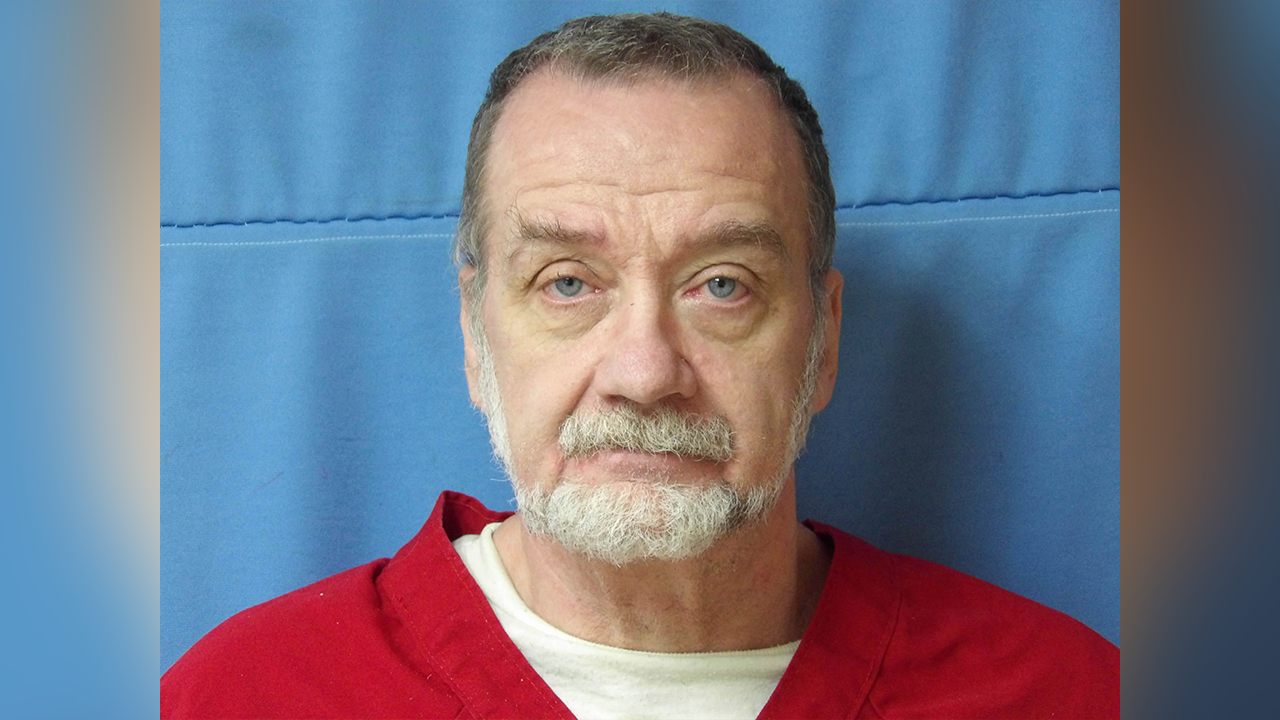
Mississippi Attorney General Lynn Fitch, a Republican, is seeking an execution date for a convicted killer who has been on death row for 30 years, but his lawyer argues that the request is premature since the man plans to appeal to the U.S. Supreme Court.
Charles Ray Crawford, 58, was sentenced to death in connection with the 1993 kidnapping and killing of 20-year-old community college student Kristy Ray, according to The Associated Press.
During his 1994 trial, jurors pointed to a past rape conviction as an aggravating circumstance when they issued Crawford’s sentence, but his attorneys said Monday that they are appealing that conviction to the Supreme Court after a lower court ruled against them last week.
Crawford was arrested the day after Ray was kidnapped from her parents’ home and stabbed to death in Tippah County. Crawford told officers he had blacked out and did not remember killing her.
TEXAS LAWMAKER PROPOSES BILL TO ABOLISH DEATH PENALTY IN LONE STAR STATE: ‘I THINK SENTIMENT IS CHANGING’
Mississippi death row inmate Charles Ray Crawford, who was convicted and sentenced to death in 1994 in the 1993 kidnapping and killing of a community college student, 20-year-old Kristy Ray. (Mississippi Department of Corrections via AP)
He was arrested just days before his scheduled trial on a charge of assaulting another woman by hitting her over the head with a hammer.
The trial for the assault charge was delayed several months before he was convicted. In a separate trial, Crawford was found guilty in the rape of a 17-year-old girl who was friends with the victim of the hammer attack. The victims were at the same place during the attacks.
Crawford said he also blacked out during those incidents and did not remember committing the hammer assault or the rape.
During the sentencing portion of Crawford’s capital murder trial in Ray’s death, jurors found the rape conviction to be an “aggravating circumstance” and gave him the death sentence, according to court records.
PRO-TRUMP PRISON WARDEN ASKS BIDEN TO COMMUTE ALL DEATH SENTENCES BEFORE LEAVING

During the sentencing portion of Crawford’s capital murder trial, jurors found his prior rape conviction to be an “aggravating circumstance” and gave him the death sentence. (iStock)
In his latest federal appeal of the rape case, Crawford claimed his previous lawyers provided unconstitutionally ineffective assistance for an insanity defense. He received a mental evaluation at the state hospital, but the trial judge repeatedly refused to allow a psychiatrist or other mental health professional outside the state’s expert to help in Crawford’s defense, court records show.
On Friday, a majority of the 5th U.S. Circuit Court of Appeals rejected Crawford’s appeal.
But the dissenting judges wrote that he received an “inadequately prepared and presented insanity defense” and that “it took years for a qualified physician to conduct a full evaluation of Crawford.” The dissenting judges quoted Dr. Siddhartha Nadkarni, a neurologist who examined Crawford.
“Charles was laboring under such a defect of reason from his seizure disorder that he did not understand the nature and quality of his acts at the time of the crime,” Nadkarni wrote. “He is a severely brain-injured man (corroborated both by history and his neurological examination) who was essentially not present in any useful sense due to epileptic fits at the time of the crime.”
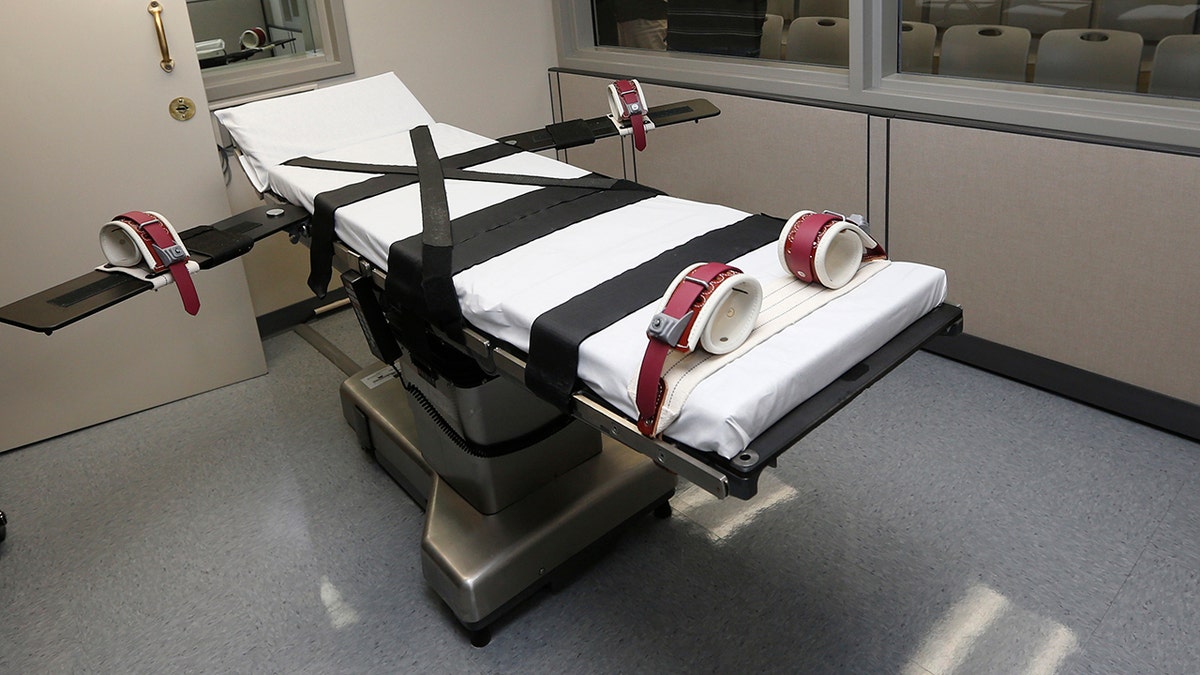
Photo shows the gurney of an execution chamber. (AP Photo/Sue Ogrocki, File)
CLICK HERE TO GET THE FOX NEWS APP
Crawford’s case has already been appealed multiple times using various arguments, which is common in death penalty cases.
Hours after the federal appeals court denied Crawford’s latest appeal, Fitch filed documents urging the state Supreme Court to set a date for Crawford’s execution by lethal injection, claiming that “he has exhausted all state and federal remedies.”
However, the attorneys representing Crawford in the Mississippi Office of Post-Conviction Counsel filed documents on Monday stating that they plan to ask the U.S. Supreme Court to overturn the appeals court’s ruling.
The Associated Press contributed to this report.
-

 Science1 week ago
Science1 week agoTrump nominates Dr. Oz to head Medicare and Medicaid and help take on 'illness industrial complex'
-
/cdn.vox-cdn.com/uploads/chorus_asset/file/25739950/247386_Elon_Musk_Open_AI_CVirginia.jpg)
/cdn.vox-cdn.com/uploads/chorus_asset/file/25739950/247386_Elon_Musk_Open_AI_CVirginia.jpg) Technology1 week ago
Technology1 week agoInside Elon Musk’s messy breakup with OpenAI
-

 Health5 days ago
Health5 days agoHoliday gatherings can lead to stress eating: Try these 5 tips to control it
-

 News1 week ago
News1 week agoThey disagree about a lot, but these singers figure out how to stay in harmony
-

 Health2 days ago
Health2 days agoCheekyMD Offers Needle-Free GLP-1s | Woman's World
-

 Science2 days ago
Science2 days agoDespite warnings from bird flu experts, it's business as usual in California dairy country
-
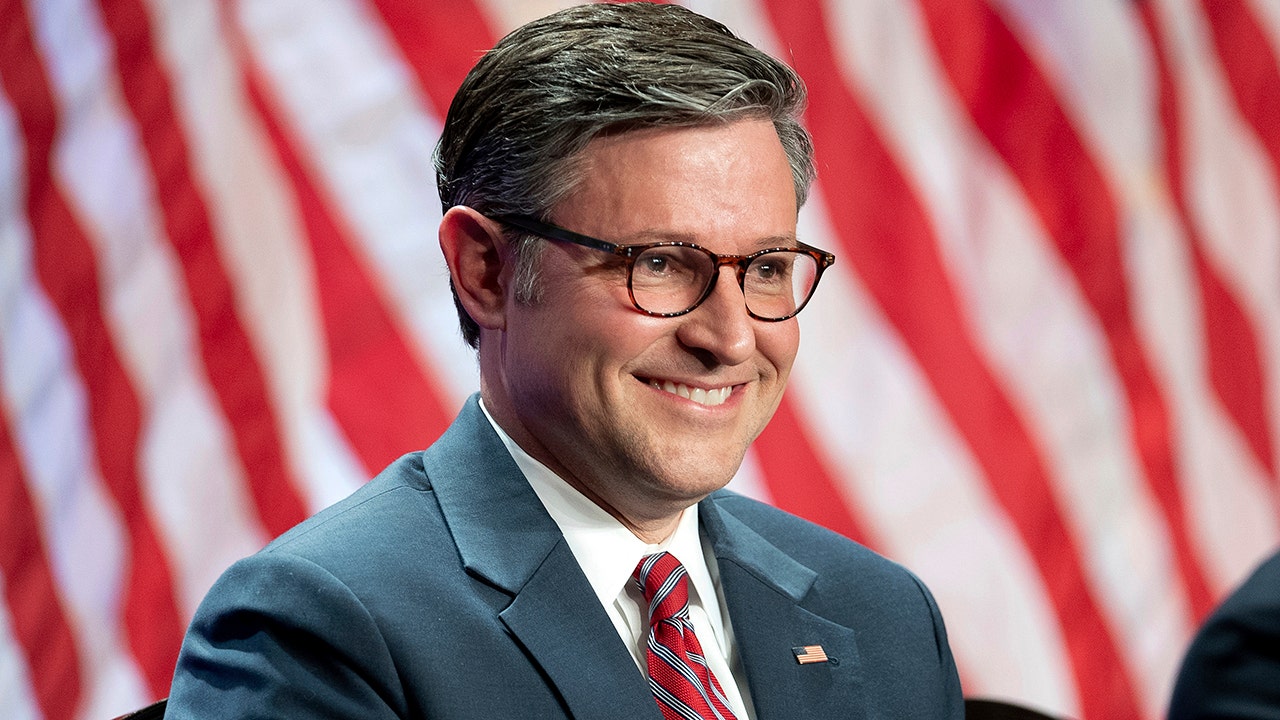
 Politics1 week ago
Politics1 week agoSize of slim Republican House majority hangs on 5 uncalled races
-

 World1 week ago
World1 week agoBangladesh ex-ministers face ‘massacre’ charges, Hasina probe deadline set


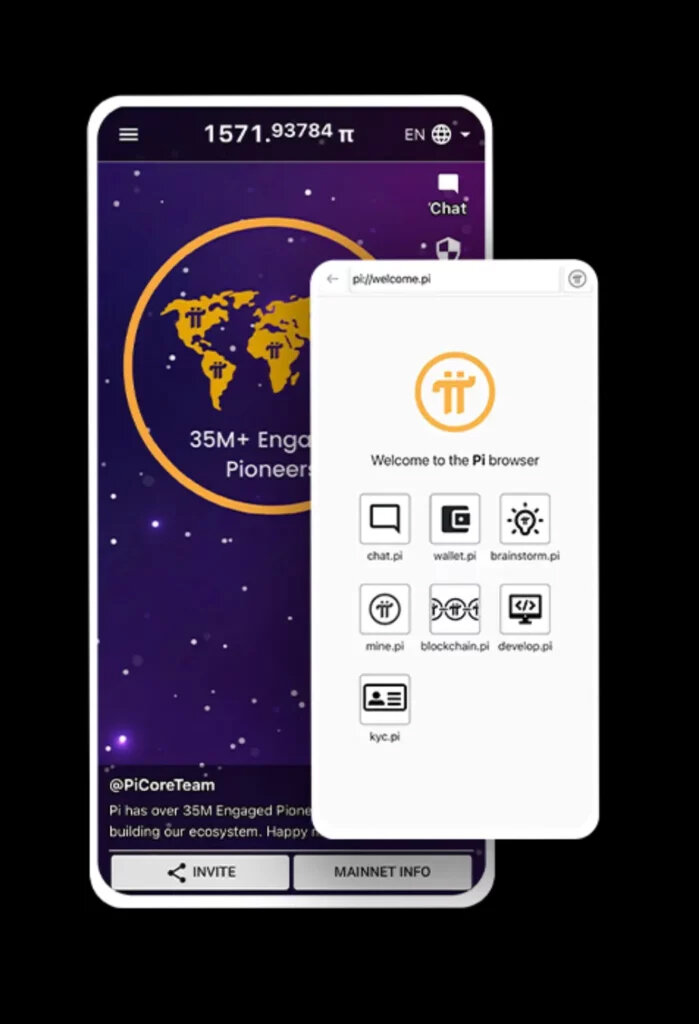

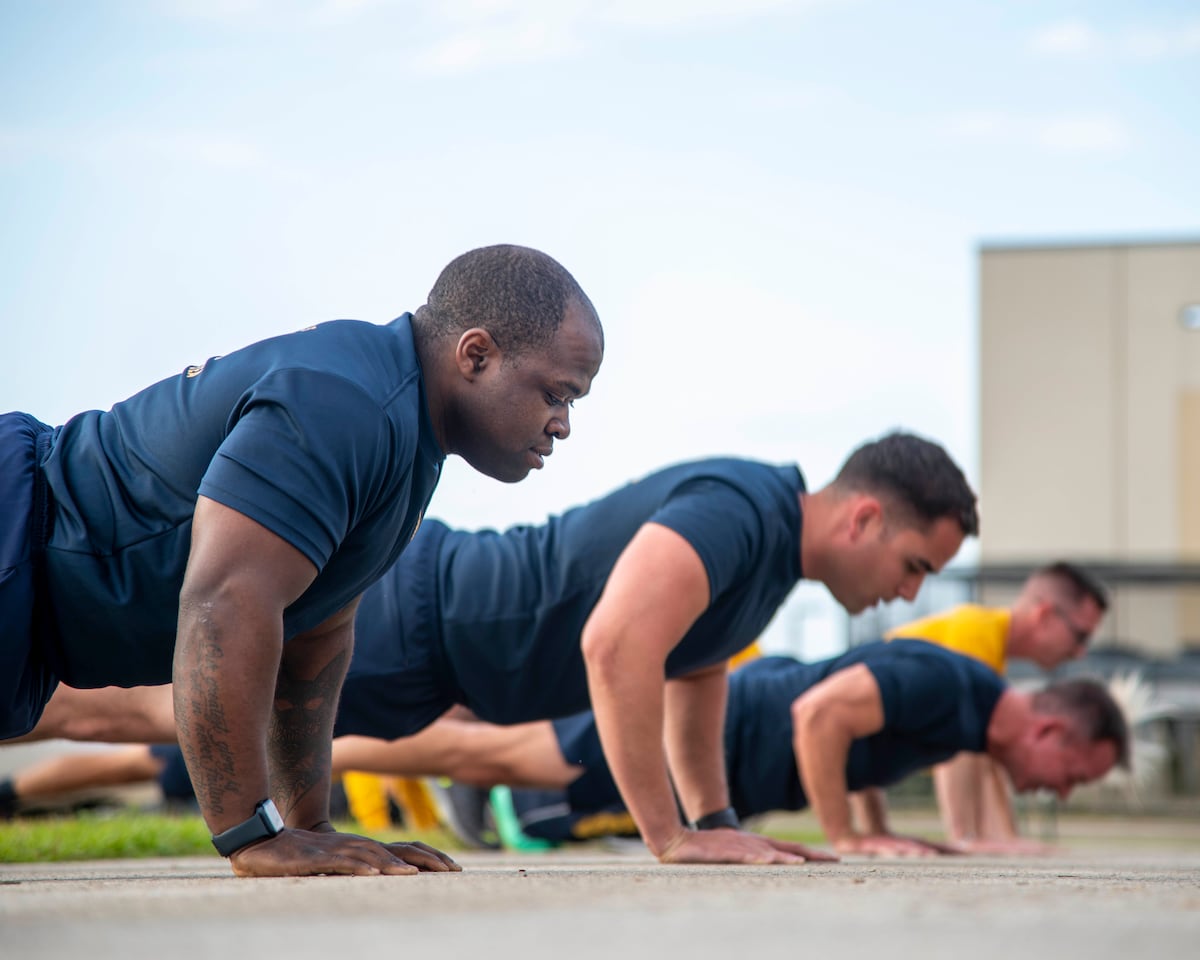
)





